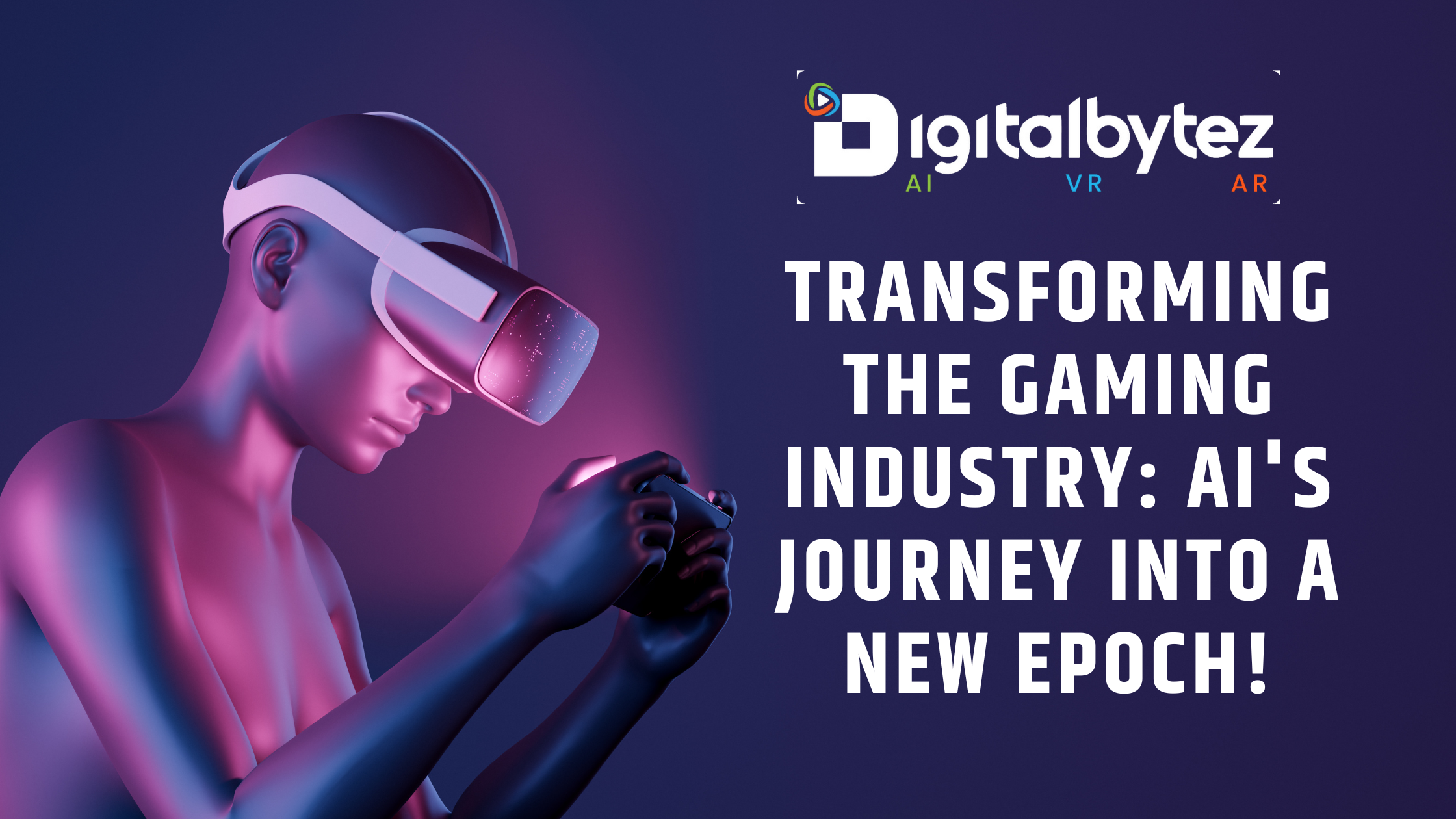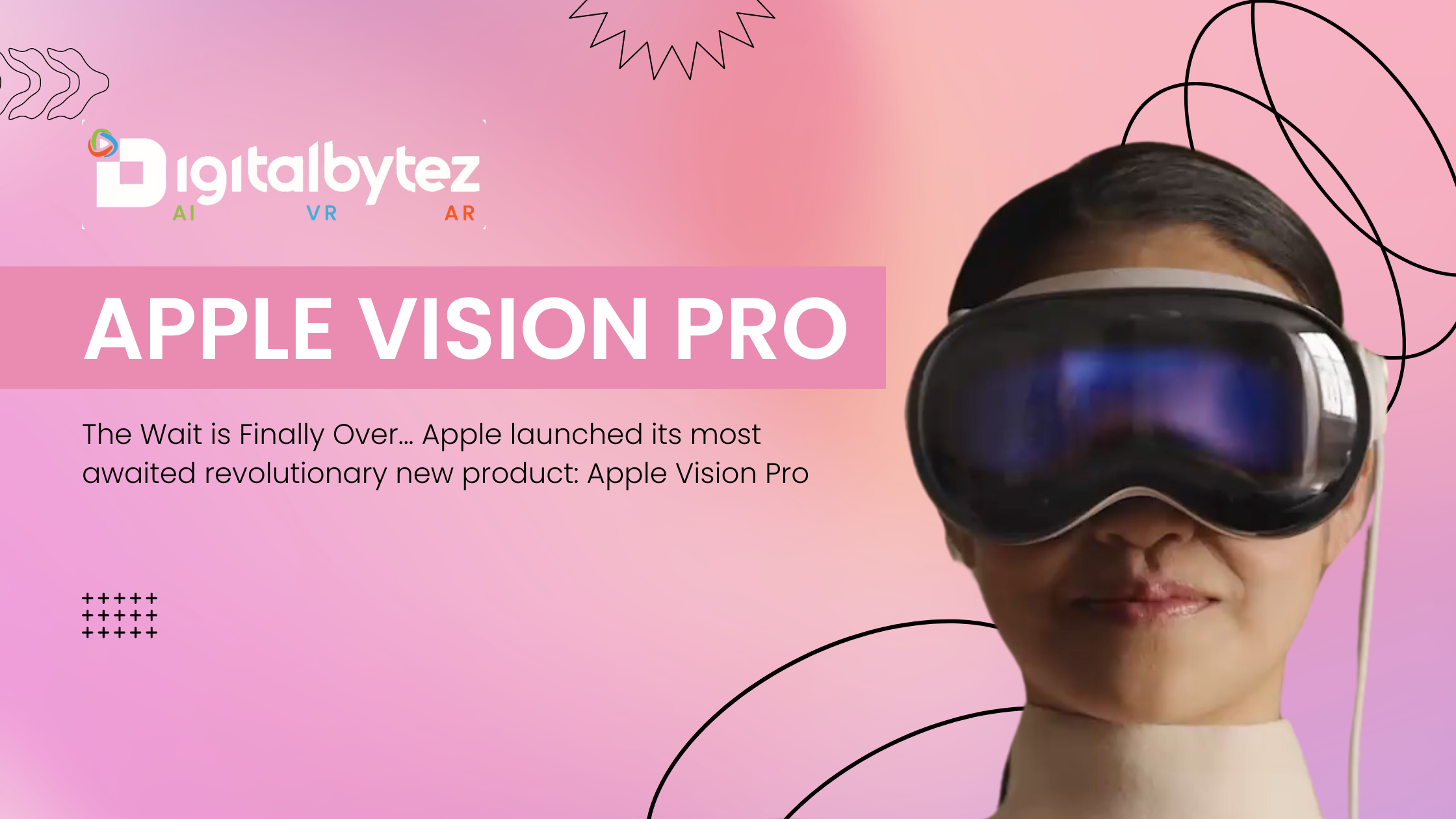
How Artificial Intelligence is Revolutionizingthe Healthcare Industry
Introduction
Artificial Intelligence, perhaps one of the most intriguing topics of the decade, is transforming lives globally. Be it finance & banking, retail & e-commerce, or manufacturing & IT industries; Artificial Intelligence is deeply integrated in every field. The healthcare industry is no different. AI is constantly being used in medical fields to perform several tasks like patient care, and treatments & predict possible diagnostics. Just a few years ago, Artificial Intelligence seemed purely fictional, confined to the realms of our imagination and something we watched on TV. I never anticipated the integration of AI into my everyday existence. But here we are, embracing artificial intelligence enthusiastically with open arms, eager to explore its abundant possibilities and contributions to our upcoming ventures.
Various Applications of A.I. in Healthcare
Artificial Intelligence brings significant advantages to the healthcare system worldwide through a wide range of applications. The Integration of AI into the healthcare system can change the way we perform medical tasks.
1. Patient Care
With the help of AI, now we can easily monitor patients remotely. Many digital health monitoring devices have been introduced which will keep track of patients’ health parameters and also give healthcare providers access to their vital signs. This will also help doctors and patients themselves in identifying any signs of potential health dangers they might face.
Many AI-embedded chatbots will provide virtual assistance with general information, planning and scheduling, and personalized care planning.
2. Treatment
Doctors incorporating AI along with their expertise and years of experience can provide better treatment for patients. AI is fed with an unlimited range of data which will help to diagnose faster and more accurately as it can discover patterns that humans might otherwise miss. AI has come so far that it can now analyze various medical images including CT scans and mammograms provide accurate readings and suggest predictions based on that data.
AI is also being used in clinical drug research.
3. Diagnosis
AI uses machine learning in aiding healthcare systems with disease detection and diagnostics. By going through a patient’s medical records and tests, AI can predict upcoming ailments, assess risks, and provide a better solution. AI can help not only in providing treatment plans based on medical imaging but it has also been proved helpful in Dermatology, Cardiology, Neurology, Surgery, forensics, radiology, and psychiatry.
Future Trends :
Med-PaLM: 2 – The First A.I. Doctor?
Over the years, Google has spent a fortune in A.I healthcare field to make it better and to make it more accessible for everyone. Med-Palm 2 is one step further in changing the future of medicine for the better. Med-Palm 2 is a chatbot designed especially for the medical field to provide answers to questions in a medical context. It can also provide you with necessary information by going through medical images i.e. x-rays. What stands out with Med-Palm 2 is its ability to understand ethical values, which were lacking in its former model, Med-Palm. The latest version has a larger database and can perform better and solve complex medical reasoning problems. It is based on LLM (Large Language Model) and uses Open AI’s GPT-4
Artificial Intelligence and Mental Health
The mental health crisis is a global issue that we’re facing today. It has risen even more after the pandemic of Covid-19. What if there is a way to prevent it? We might not be able to eradicate it, but AI can help us prevent it to some extent. As we know AI can recognize data patterns, it can also be used to identify distressing signs and axiety patterns and also recognize speech & behavioral patterns. In short, AI will help in early detection & treatment. Sounds promising, doesn’t it?
Challenges
As revolutionary as it sounds, AI also faces plenty of challenges that need to be highly considered. Be it ethical issues or privacy concerns, there is a whole list of major concerns that prevent us from fully embracing AI. Artificial Intelligence has limitations. Can we entrust something as valuable as our health entirely to AI? We’re harnessing the power of AI for our benefit but someone out there could also misuse it in a way that could prove detrimental.
Conclusion
Artificial Intelligence is revolutionizing our world in every way possible and it will play a crucial role in the healthcare system as well. According to the “ World Economic Forum” the anticipated investment in India is projected to escalate to 11.78 billion by the year 2025 with the potential to contribute $2 trillion to the Indian economy by 2035.
Additionally, the integration of AI in the healthcare sector is going to cause a massive surge by boosting India’s GDP by approximately 26 billion dollars by the end of 2025.
Now a million-dollar question that arises: Will AI replace humans or doctors?
The answer is No. However, the individual harnessing AI’s capabilities just might.








